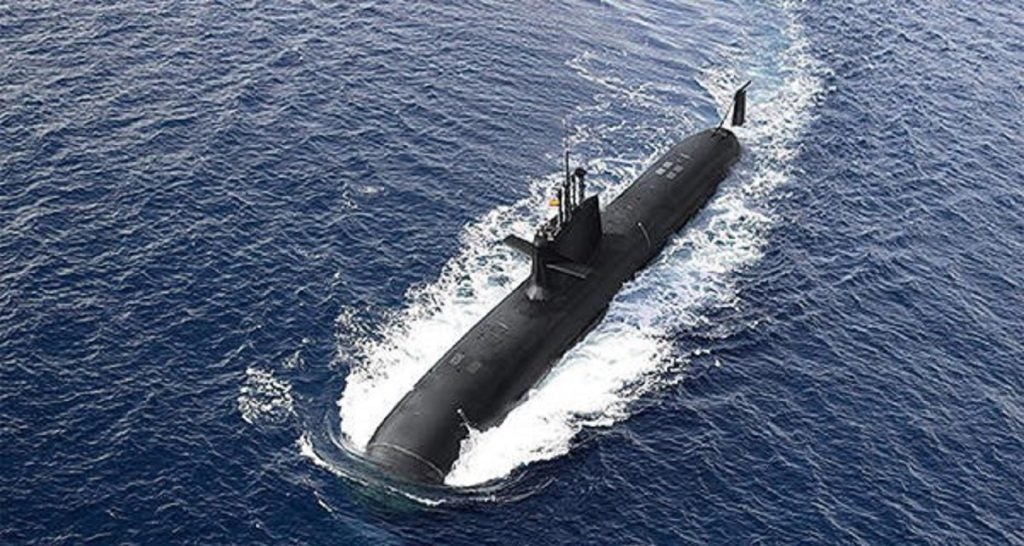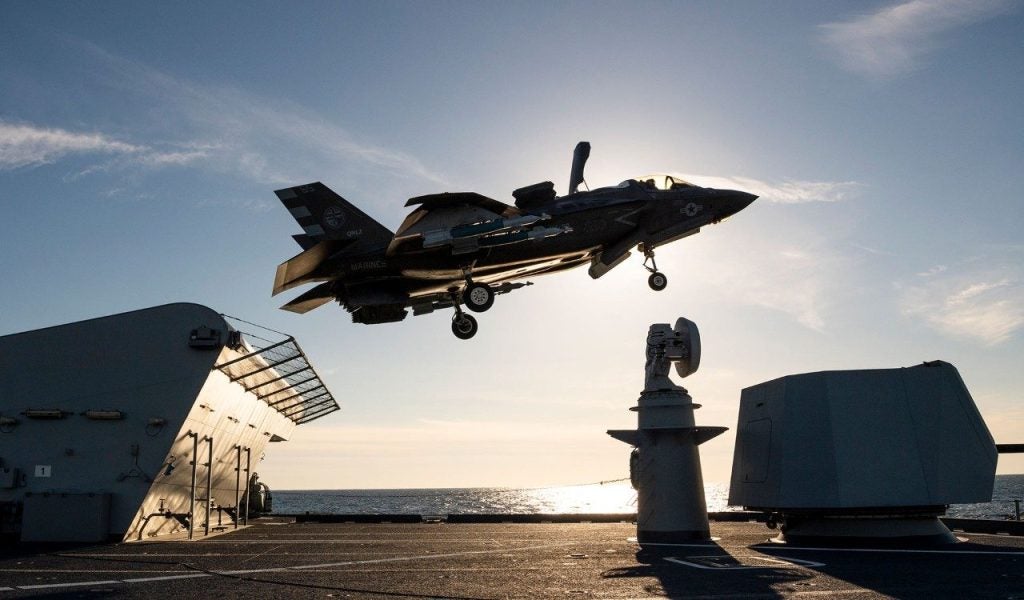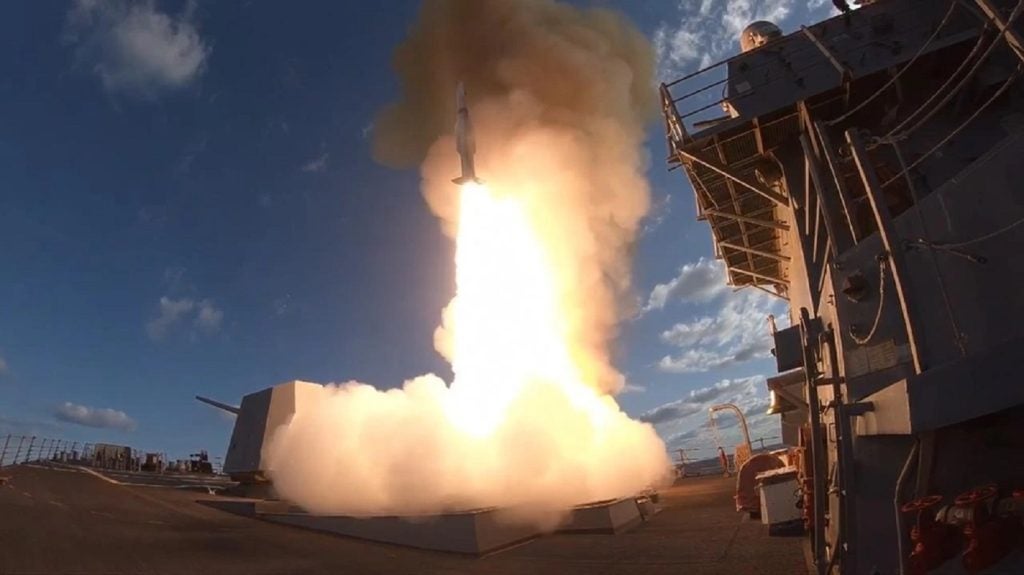Navantia has green-lit its air-independent propulsion (AIP) solution for non-nuclear submarines. The state-owned naval manufacturer successfully completed factory acceptance tests on 15 September 2023.
The Spanish Navy will integrate Navantia’s proprietary Bioethanol Stealth Technology (BEST) AIP solution onto its four S-80 conventional diesel-electric attack submarines, which the company also delivered between 2011 and 2014.
Tested in a simulated operating environment on land, but with a high degree of fidelity to the demanding conditions that the system will have to withstand during a real mission, the AIP BEST system made use of the critical facilities at Cartagena shipyard.
Spain’s defence priorities
Naval vessels and surface combatants are the second-largest segment in Spain’s defence market. The value of this sector will be worth $2.7bn between 2023 and 2028 and grow at a compound annual growth rate of 1% over the forecast period, swelling from $454m to $477m.
The sixth highest valued segment in the country’s defence budget are its S-80 submarines. GlobalData projects government spending on the programme to increase at a compound annual growth rate of 18.7%, registering a total valuation of $1.1bn between 2023 and 2028.
How does BEST improve conventional submarines?
Conventional – non-nuclear – submarines are forced to sail close to the surface after a certain number of hours to recharge their batteries using their diesel engines in an operation known as ‘snorkelling’, where they are easily detected by the enemy and particularly vulnerable.
AIP-equipped submarines can avoid this risk by being able to recharge their batteries while submerged at deep depths, which significantly extends their underwater range.
The tech used in the AIP BEST system is based on fuel cells and is part of the so-called ‘third-generation’ of AIP systems – for example, those that use hydrogen produced onboard from a fuel – bioethanol in this case – instead of stored hydrogen for their operation.
The third-gen evolution allows Spanish submarines to have a greater amount of energy as the system allows the vessels to sail for up to three weeks with signatures comparable to those of pure electric navigation with batteries.











